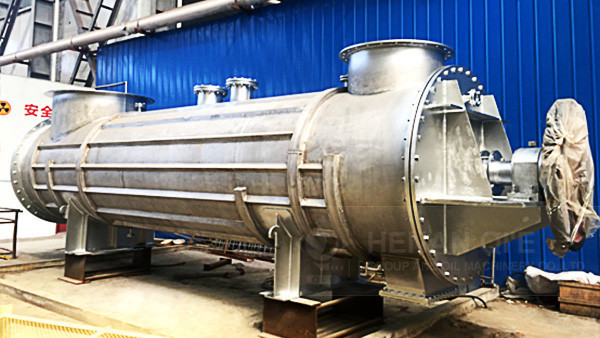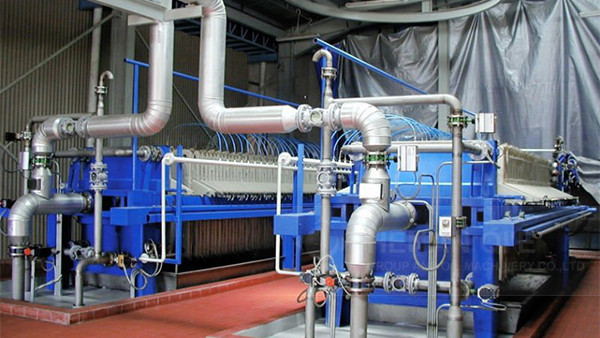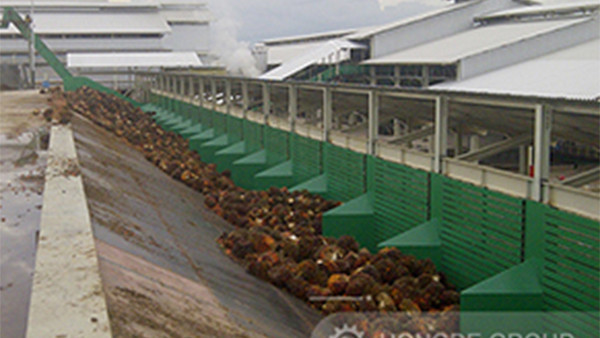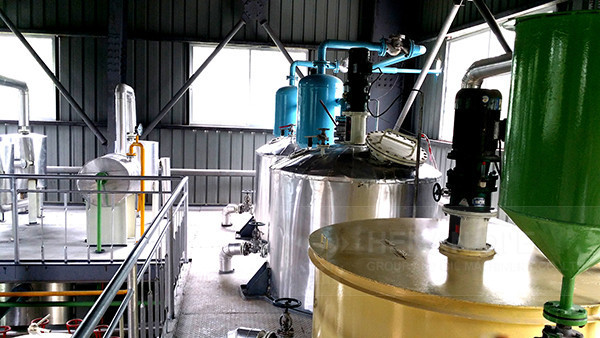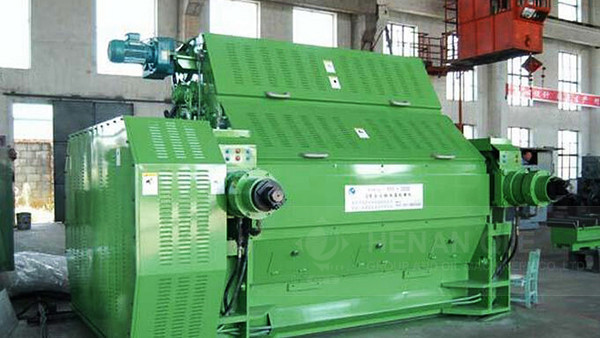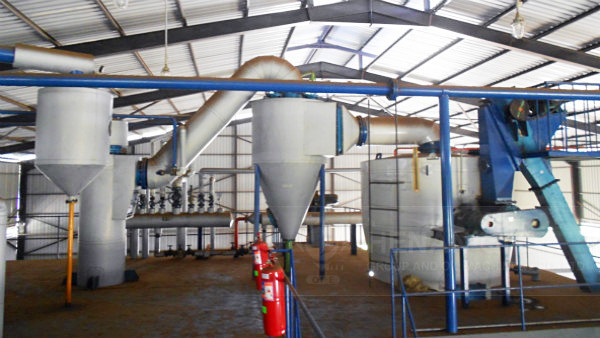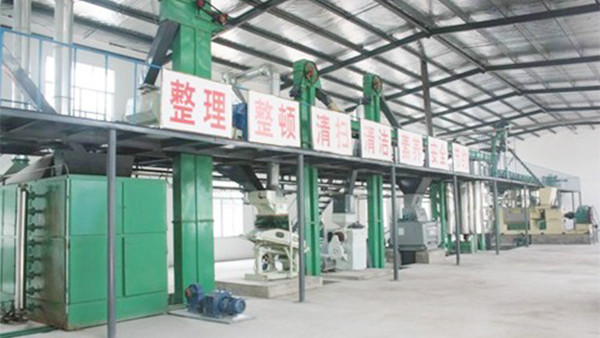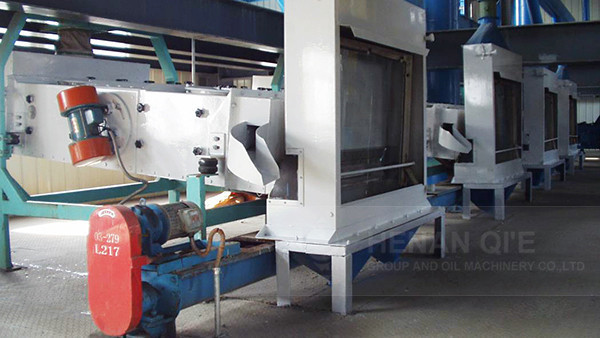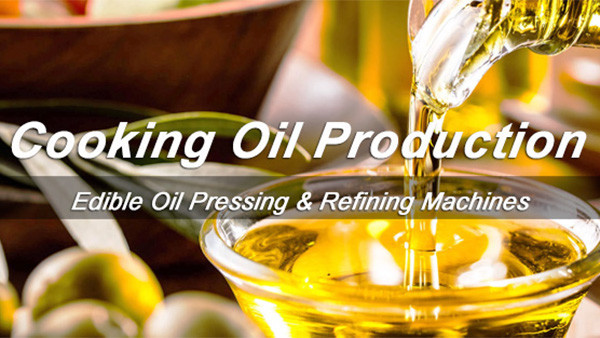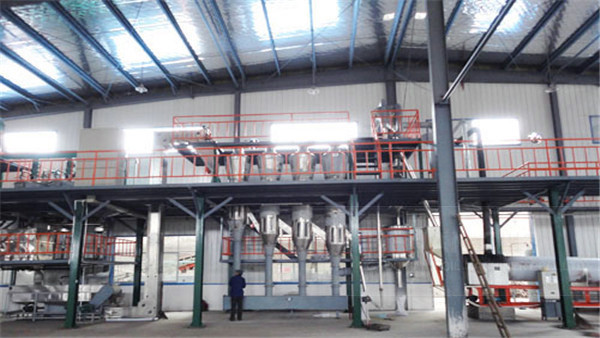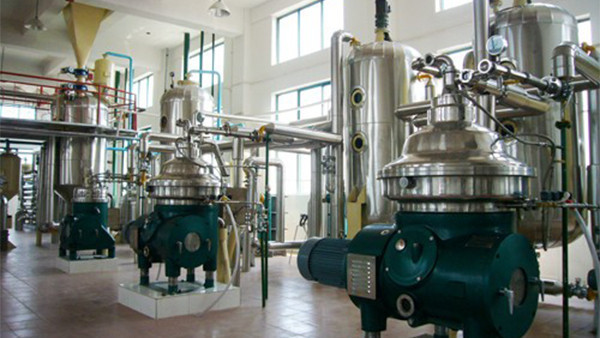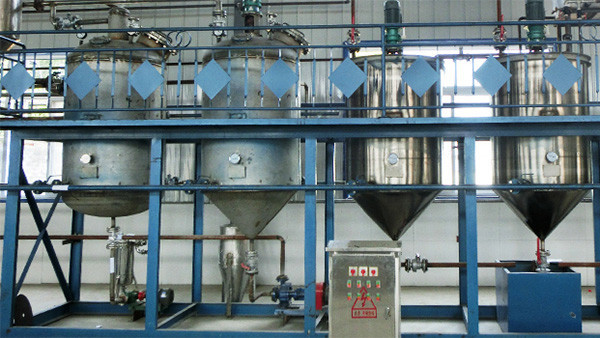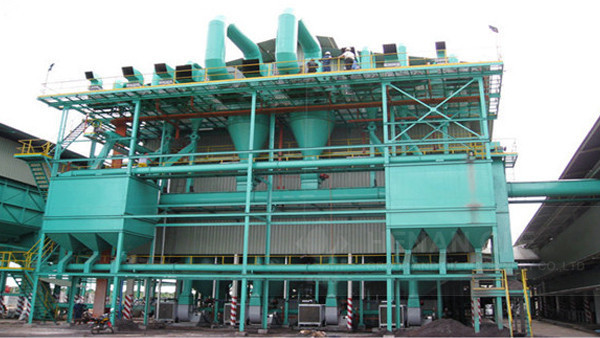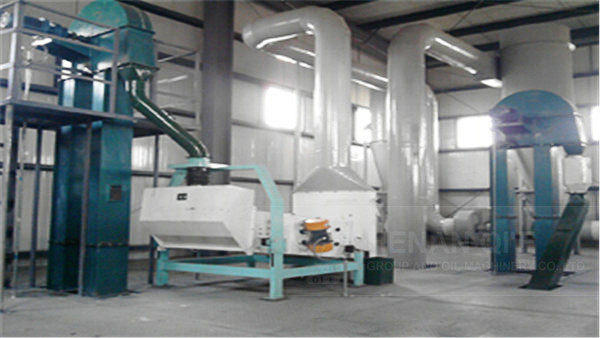
What Can I Do with My Used Cooking Oil? - Cater Oils
Cater Oils are able to collect used cooking oil near you and turn it into bio-diesel. 100% of the waste cooking oil we collect is recycled, helping to minimise your carbon footprint. We¡¯re fully-licensed and completely dedicated to the safe and eco-friendly disposal of waste cooking oil near you. To take complete advantage of the services we
Get Inquiry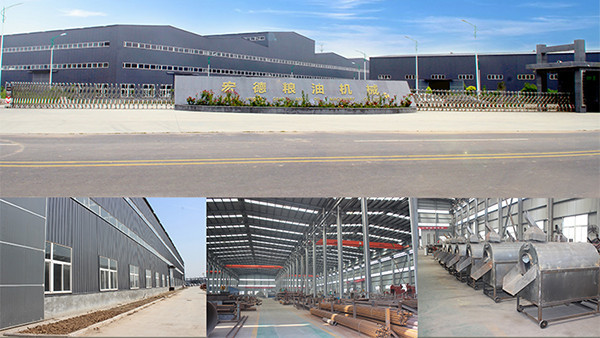
Is Used Cooking Oil Good For Plants? - Life Under Our Roof
Yes, used cooking oil is a 100% natural and plant-based material. Powdered used cooking oil can be applied as fertilizer right away, or it can first be diluted with water in order to combat any risks of clogging up the pots and seedlings.
Get Inquiry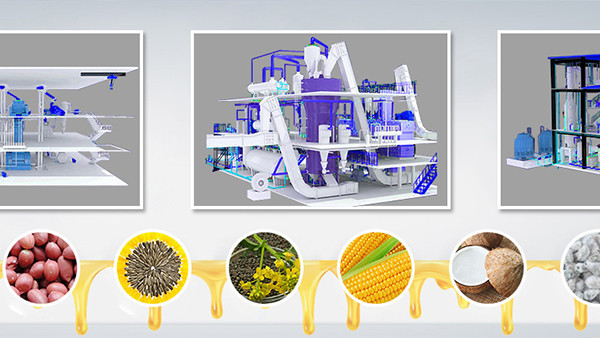
9 Household Uses for Vegetable Oil (Do This Instead of Eating It)
Vegetable oil furniture cleaning polish #2: Sixteen parts or more white vinegar to one part vegetable oil (1 cup or more of white vinegar, 1 tablespoon or less of vegetable oil) For both recipes, be sure to mix thoroughly right before applying. When applying an oil or cleaning mixture to your furniture, less is more.
Get Inquiry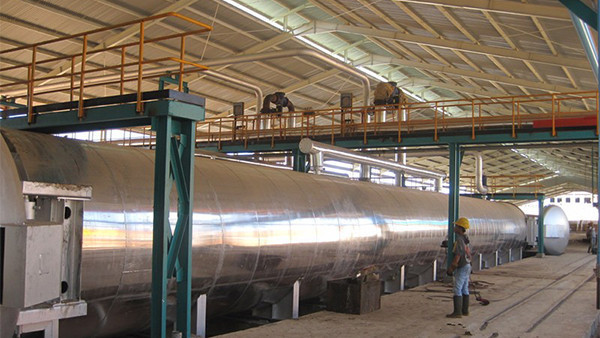
25 Creative Uses for Used Cooking Oil You Never Knew About
Hair moisturizer: Used vegetable oil can by used to condition and moisturize your hair. Heat up half a cup of oil so it is about room temperature and massage it into your hair. Let it soak into your hair for about 15 minutes. Shampoo and rinse your hair to remove the oil.
Get Inquiry
How To Store Used Cooking Oil - Storables
Strain the oil: Using a fine-mesh strainer or cheesecloth, strain the used cooking oil to remove any food particles or impurities. This step is crucial to prevent spoilage and maintain the quality of the oil. Prepare the storage container: Clean and dry the storage container thoroughly.
Get Inquiry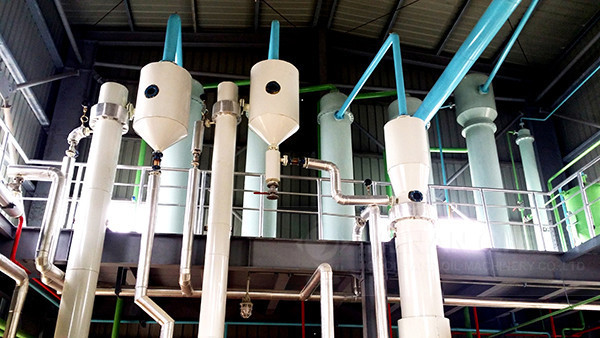
Olive Oil vs. Vegetable Oil¡ªWhen to Use Each in Your Cooking - Martha Stewart
In general, olive oil has a lower smoke point than vegetable oil, though it depends on the grade of olive oil. For context, the smoke point for both corn oil and soybean oil is 450 degrees Fahrenheit. Meanwhile, the smoke point of olive oil is 350 to 410 degrees for EVOO and 390 to 470 degrees for refined olive oil.
Get Inquiry
Used Cooking Oil (UCO) Feedstock for Biofuels - Targray
Targray supplies used cooking oil feedstock (UCO) to commercial producers of biodiesel and renewable diesel fuel throughout North America and Europe. The American Fats and Oils Association (AFOA) is a non-profit organization focused on fostering trade and commerce within the United States and throughout the world for animal, fish, and vegetable fats, oils, and protein.
Get Inquiry
How to Make a Vegetable Oil Lamp (with Pictures) - Primal Survivor
Option 1: Wire Coil. For glass jar lamps, you¡¯ll want to use wire to create a stand for the wick. Wrap wire around a pencil to create a coil. The coil should be long enough so your wick will stick out of the oil. Make a much bigger loop on the end of the coil. This will be your base. Thread the wick through the coil.
Get Inquiry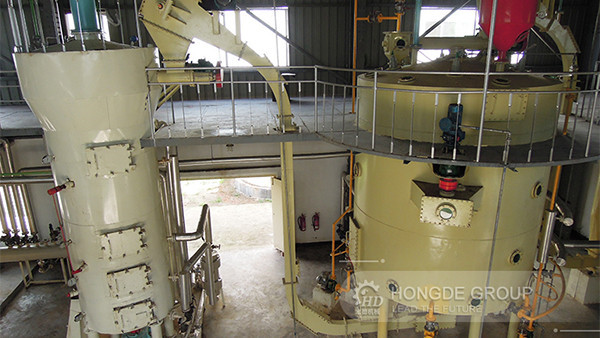
Is Cooking Oil Bad For Soil? - Greenhouse Today
Cooking oil is bad for the soil since it can harm soil microorganisms. The number of these microorganisms may reduce, and their activity may slow down as a result of applying vegetable oil to the soil. However, when used in small quantities, oil applications to soil can help address some problems and reestablish plant vigor.
Get Inquiry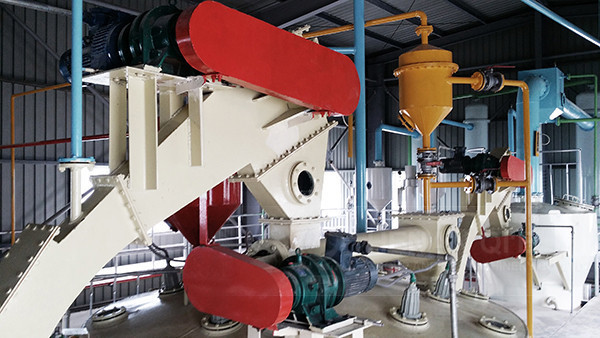
The ABC of used cooking oils - Neste - Journey to Zero
Waste and residues, such as used cooking oil, are an important means to help reduce our reliance on fossil resources. ¡°For example, Neste¡¯s renewable products help reduce greenhouse gas emissions by 50 to 95%* over the life cycle of the product compared to similar products from fossil origins¡±, explains Hemery.
Get Inquiry
5 Things You Need to Know About Used Cooking Oil (UCO) - Waste4Change
Used Cooking Oil can often be found from deep-fry food stalls. Photo by Markus Winkler/Unsplash. UCOs can be in the form of both vegetable oil such as corn oil, canola oil, olive oil, palm oil, etc and also animal fats. The rule of thumb is that it¡¯s a leftover cooking oil that should not be used too many times. 2.
Get Inquiry
Environmental assessment of four waste cooking oil valorization pathways - ScienceDirect
The selected process is the ¡°Used vegetable cooking oil (global context), with recycled content cut-off, allocation recycled¡± which enters the system as burden-free (Fig. 1). Nevertheless, even if not accounted for, the collection efficiency has relevance for the performance as stated by Caldeira et al. (2016) .
Get Inquiry
Yellow grease
Oil renderers. The recycling of waste cooking oil (aka restaurant grease, used cooking oil or yellow grease) is a process known as ¡°rendering¡±. During the rendering process fatty acid is separated from the moisture, the solids and any impurities that are present in the waste cooking oil. The rendering of waste cooking oil produces one
Get Inquiry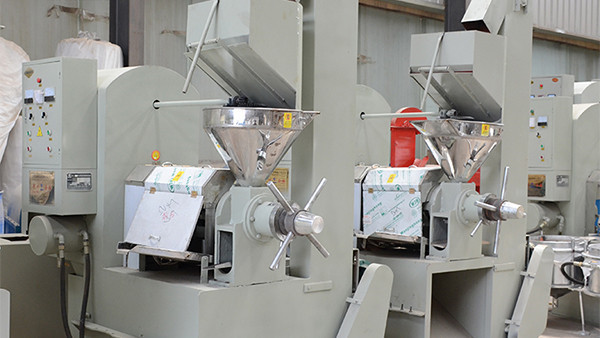
Commercial Uses for UCO (Used Cooking Oil) - GF Commodities
There is an ever-expanding UCO (used cooking oil) market as manufacturers discover a number of uses for it, from biofuels to cosmetics. It is also known as ¡°yellow grease¡± or ¡°liquid gold.¡±. It is a very desirable commodity and unfortunately, some companies aren¡¯t using the best practices to pick up and redistribute the product.
Get Inquiry
Used Cooking Oil ¨C European Biomass Industry Association
It is estimated that currently around 90% of cooking oils and fat used in the EU are produced from vegetable oils, whereas in countries such as Belgium relatively large quantities of animal fats are used (Peters et al, 2013). According to EU estimations, the potential UCO to be collected is around 8L UCO/capita/year.
Get Inquiry
How to Properly Dispose Used Cooking Oil
Pour the oil into an old can and put it in the freezer or fridge. Once the oil is solid enough to come out of the can in one piece, it is ready to be thrown into the trash. If you have no more than a cup of oil or grease, pour it into a coffee mug and set it in the fridge. When it solidifies, scoop it out and drop it into the trash with a spoon
Get Inquiry
Here¡¯s a better way to dispose of used cooking oil - National Geographic
Small amounts of oil can take as little as 20 minutes to solidify; larger amounts can take several hours. Once cooled, the firm oil can be lifted or scraped, mess free, from the fryer or cooking
Get Inquiry
Used cooking oil, a renewable fuels feedstock, nearly 'tapped out' in U.S. -Valero - Reuters
April 22 (Reuters) - Used cooking oil, a feedstock fueling America's renewable diesel boom, is running in short supply, according to U.S. refiner Valero. The refiner is expanding its renewable
Get Inquiry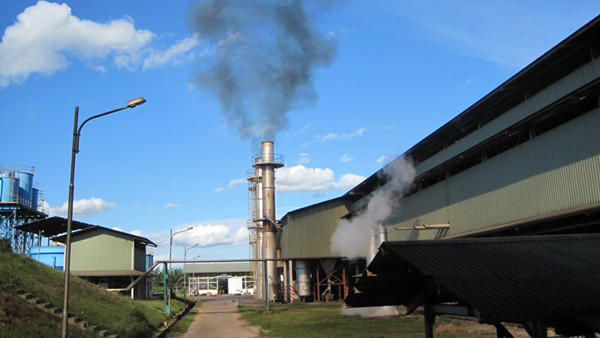
How to Recycle, Reuse, or Dispose of Cooking Oil - RTS
How to dispose of cooking oil. As mentioned above, oil should be allowed to cool thoroughly before being strained or sieved into a suitable container. This should be collected for a period of no more than four weeks before being taken to an appropriate recycling center to be dealt with at a larger scale.
Get Inquiry


